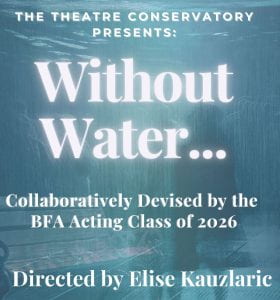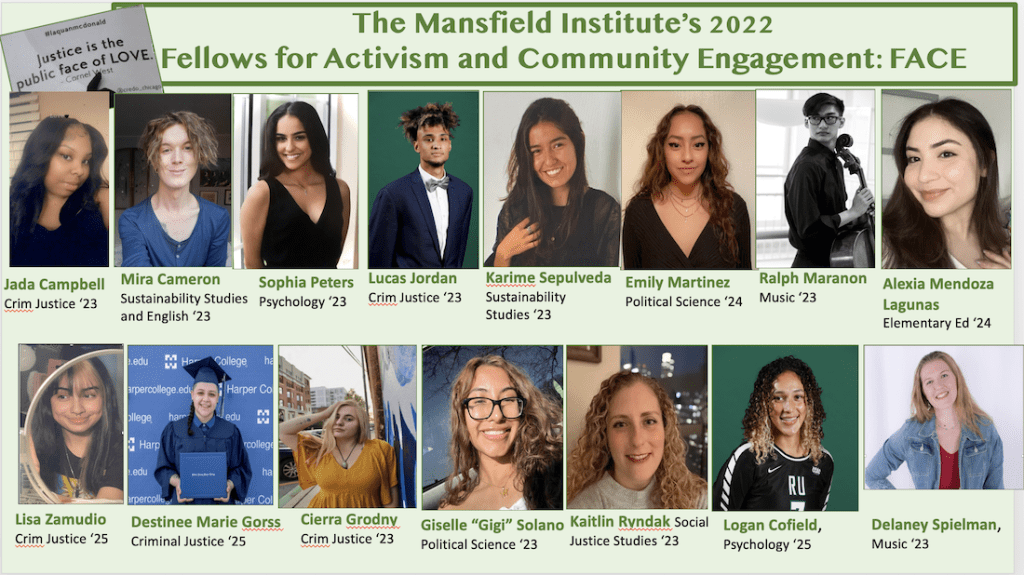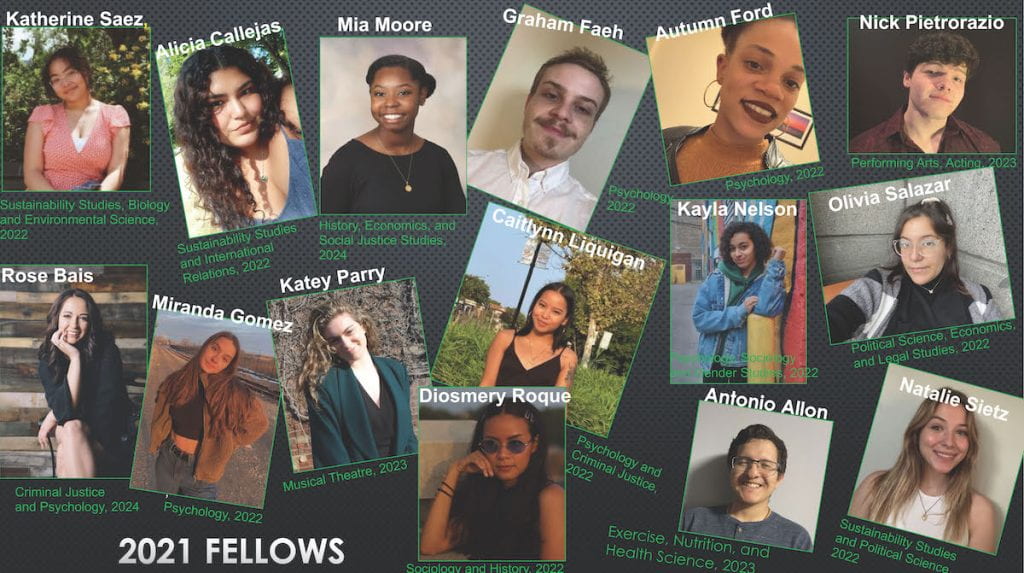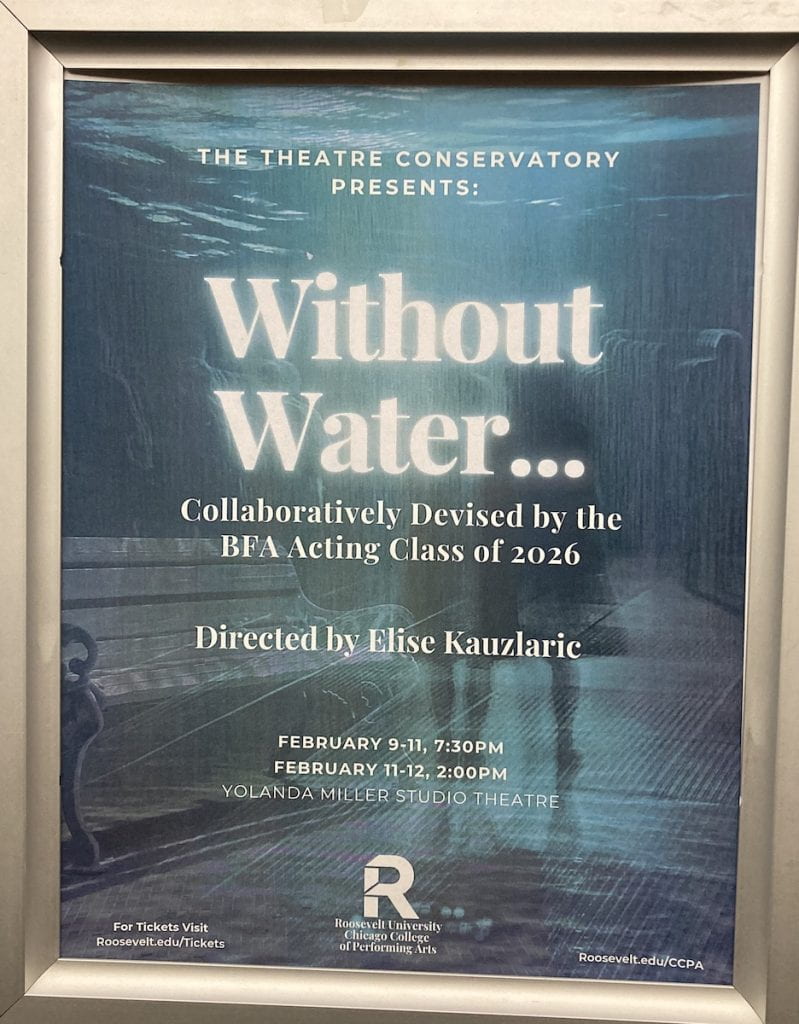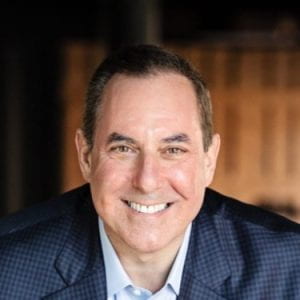 Corporate/Industrial ESG — Operations, Management, and Organizational Culture
Corporate/Industrial ESG — Operations, Management, and Organizational Culture
RU Alumni Scott Rosenzweig, MBA ’98, Founder and CEO of ESG Core Advisors (LinkedIn profile) and Jeff Kressman, MSMC ’83, VP Marketing of ESG Core Advisors (LinkedIn profile)
This Tuesday 4/25 at 5pm CST, please join us for our third virtual Master Class on the relations between sustainability business, when we host Mr. Scott Rosenzweig (MBA ’96), Sustainability Entrepreneur, Founder and CEO of ESG Core Advisors, and sustainability consultant/strategist for mid-market companies seeking to integrate sustainability into their mission and operations. As a proud 1996 alum of RU’s Heller College of Business, Scott is highly engaged with our university in various capacities, notably serving on the HCB Advisory Board and mentoring business students as they seek out their career pathways.
Scott is a dynamic and engaging speaker who will share his compelling personal story of business and management success as well as why and how he started ESG Core Advisors to help transform and inspire corporations to lead us toward a sustainable future.
Joining Scott is his colleague and fellow RU alum Jeff Kressman (MSMC ’83), VP Marketing of ESG Core Advisors.
Zoom Login Info:
https://roosevelt.zoom.us/j/99002167623?pwd=Q3VKdndzVE1RdndEOTQzVUNpNVdZdz09
Meeting ID: 990 0216 7623
Password: 871074
This Earth Month 2023 @RooseveltU on Tuesdays we explore different aspects of the critical role of sustainability in today’s business world. Distinguished RU alumni from the Colleges of Business and Arts & Sciences are giving special guest presentations each Tuesday 5-6pm CST, in Prof. Jennifer Muryn’s MGMT 390 Contemporary Topics in Business online class. These SUST + MGMT alumni talks are open to the RU and Resilience Studies Consortium community via Zoom. Please join us!



